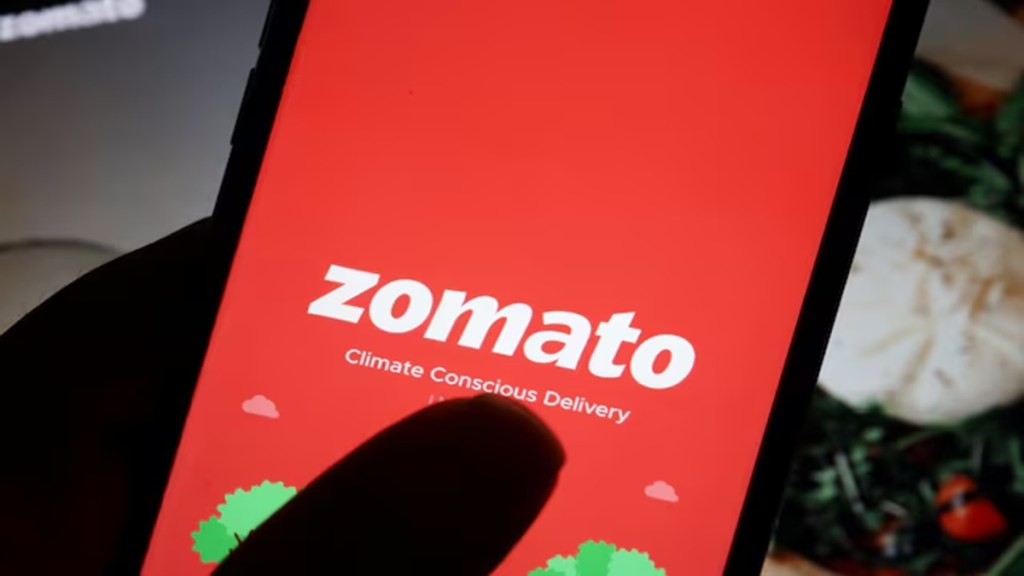Food delivery giant Zomato has successfully raised Rs 8,500 crore through a Qualified Institutional Placement (QIP), issuing 33.65 crore equity shares at Rs 252.62 per share.
The issue price reflected a 5% discount to the floor price of Rs 265.91 and marked the company’s first major fundraising effort since its initial public offering (IPO) in July 2021. The QIP, approved by Zomato’s board Fund Raising Committee, closed on November 28, 2024, following strong interest from qualified institutional buyers.
Fund Allocation and Growth Plans
Zomato intends to utilise a significant portion of the proceeds, approximately Rs 2,137 crore, to establish and operate dark stores and warehouses. These investments aim to bolster the company’s position in food delivery and quick commerce.
Additional funds will be allocated to advertising and marketing to further strengthen Zomato’s competitive edge in these sectors. Zomato CEO Deepinder Goyal had previously stated that the fundraising would support the company’s balance sheet and growth initiatives.
In its QIP document, Zomato disclosed that Goyal has extended his salary waiver through March 31, 2026. Goyal, who waived his salary in April 2021, continues to hold a 4.2% stake in Zomato, valued at Rs 10,150 crore as of Monday.
Market Inclusion and Stock Performance
Zomato shares rose marginally on November 28 to close at Rs 285.2, marking a 145% surge in the last year. This has pushed its market capitalisation to Rs 2.4 lakh crore, supported by improved profitability.
The stock’s recent inclusion in the National Stock Exchange’s futures and options (F&O) segment is expected to enhance liquidity and provide investors with hedging opportunities.
The company is also set to join the BSE Sensex index from December 23, while analysts at JM Financial anticipate its inclusion in the Nifty 50 index during the March 2025 rebalancing. Brokerage Jefferies has issued a ‘Buy’ rating for Zomato, setting a target price of Rs 335 per share.
New App Initiative: ‘District’
Zomato has launched a new app, ‘District,’ aiming to become a one-stop destination for dining out and entertainment activities. The app, initially focused on dining and ticketing, plans to expand into other segments, addressing a supply-constrained market.
Analysts believe this initiative could significantly strengthen Zomato’s competitive edge and open up new revenue streams.
Competitive Landscape: Zepto and Swiggy
In the competitive quick commerce space, rivals like Zepto and Swiggy are also ramping up operations. Zepto plans to operate over 700 dark stores by FY25, while Swiggy Instamart is targeting an increase to 741 dark stores from 557 as of June 30.
Swiggy, in its prospectus, revealed plans to invest Rs 1,179 crore for the expansion of its quick commerce business.
(Disclaimer: Views, recommendations, and opinions expressed are personal and do not reflect the official position or policy of Financial Express.com. Readers are advised to consult qualified financial advisors before making any investment decisions. Reproducing this content without permission is prohibited.)

